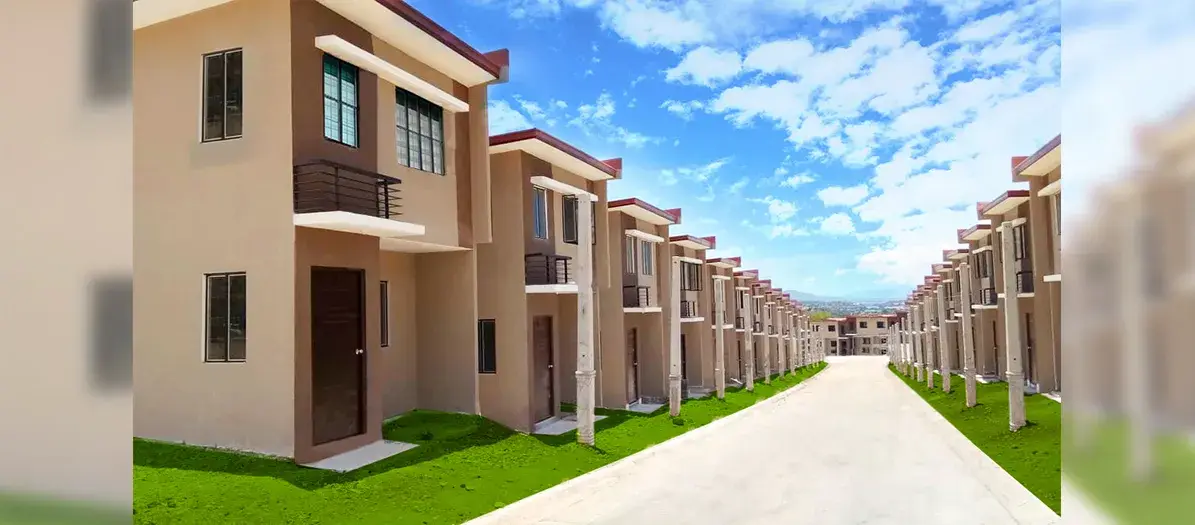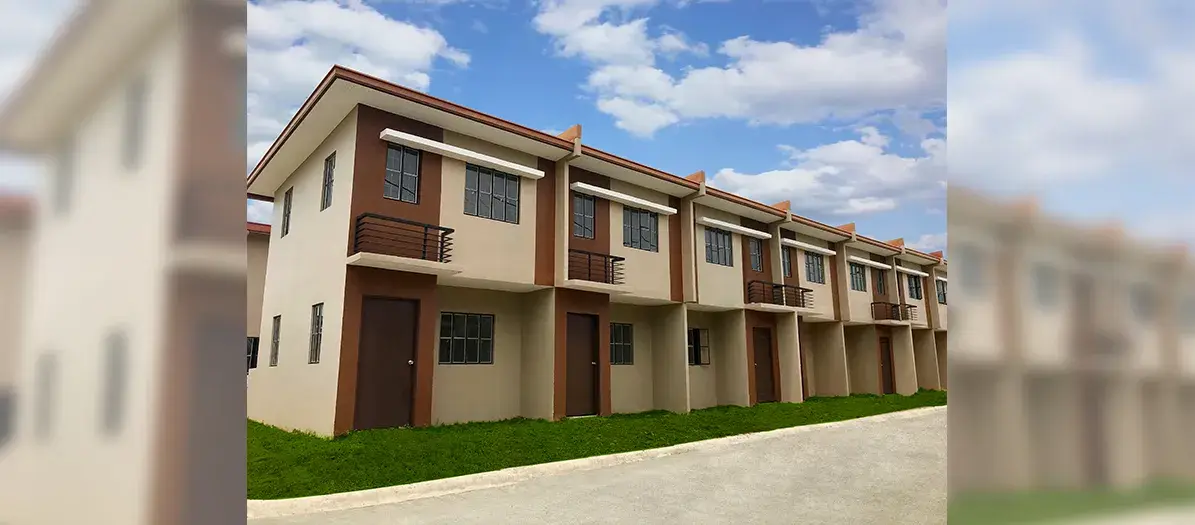Maceda Law and Recto Law Difference
28 February 2022
Consumer rights are safeguarded in the Philippines, and real estate is no exception. The purchase of a home is a significant investment, and buyers need to be aware of the rules that govern their rights. Knowledge about Maceda Law and Recto Law will come in handy if you're in the market for your first house and want to avoid any unpleasant surprises down the road.
To have a clearer view of these two laws on a real estate installment payments basis and be familiar with how they can protect us as property investors, we need to know first what is the difference between the two.
Recto Law or the Installment Sales Law
The Recto Law protects those who acquire personal property on installment rather than real property. Legislation known as the Installment Sales Law was enacted in 1933 by Senator Claro M. Recto, dubbed the "Great Academician" for his accomplishments in academia. Its primary function is to guard against seller misuse in cases that a buyer is unable to make additional payments on a property.
In the Philippines, it was enacted on December 9th, 1933, by the National Assembly. Section 1454-A was included in the Civil Code of 1889 (Código Civil) to update a specific section of the code.
Although it was originally designed for those who wanted to acquire personal property in installments, it was employed in a specific circumstance when a lease agreement had no clear option to buy. Rather than just renting out the personal property, the agreement stated that it would be purchased following the alleged completion of the contractual obligations.
Who is covered by the Recto Law?
Both the buyer and seller of personal property are affected by this rule. As the lessor and the lessee, the parties may also be referred to in certain instances. Personal property mortgages may also be governed by this law, as can some transactions between a mortgagor and the mortgagee.

Recto Law which forms for contracts involving installment payments for sales of personal property.
This does not apply, however, to direct purchases in which a down payment has been made and an agreed-upon payment schedule has been established.
In the event that the Recto Law is violated, the seller may face the same repercussions as the buyer. In order for the seller to exercise the other remedies, they would have to choose one. This means the seller cannot attempt to collect any further payments if a buyer previously returned their personal item to them. If the seller goes to court for more than one reason, it will be seen as a waste of time. The buyer would be forced to incur extra costs that are most likely to be reimbursed by a seller who made a mistake.
Maceda Law or the Realty Installment Buyer Act
If you are an investor in real estate or a buyer of real estate who pays for it in installments, you are protected under the Maceda Law or the Realty Installment Buyer Act of the Philippines. Buyers who fail to make payments on such transactions are likewise covered by this section, which details their rights. Ex-senator Ernesto Maceda drafted the legislation, which was approved by the Legislature on August 26, 1972.
Buyers of real estate on installment payments protection
Section 2 of RA 6552 says that the protection of purchasers of real estate on installment plans against onerous and oppressive conditions is to be designated a national policy.
A buyer's right to protection exists for two distinct groups of eligible individuals. RA 6552 defines a qualified buyer as one who has paid at least two years of installments in all transactions or contracts involving the sale or financing of real estate on installments. Condominiums, apartments, and homes are among the assets included, although industrial lands, commercial buildings, and sales of properties to current tenants are not.

This law is to protect buyers that paid at least two years of installments
In contrast, under Section 4, a qualifying buyer is someone who has acquired any of the above-mentioned properties but has made payments totaling less than two years' worth of principal and interest alone.
Cash surrender value
Buyers who fail on their installment payments are allowed, under RA 6552 Section 3, to pay the delinquent installments or the cash surrender value due within the whole grace period they have earned free of extra interest. The overall grace time has been set at a grace period of one month for every year of installment payments paid. Only once per five years of the contract and its renewals may the buyer use for this entitlement.
If the contract is terminated, the seller is required to reimburse the buyer for the cash surrender value of the payments made on the property, which is equal to half of the entire amount paid. After five years of payments, an extra 5% per year will be added, but not to exceed 90% of the total payments paid.
This implies that consumers are entitled to refunds and grace periods as long as they have paid for at least two years under Section 3 of RA 6552.
Buyers' and developers' rights under Section 4
Section 4 of RA 6552, in contrast to Section 3, deals with situations in which the buyer has paid less than two years' worth of payments. The buyer is entitled to a grace period of at least 60 days in this situation. It's based on the date when the payment was due.
However, the project developer is authorized to terminate the contract if the buyer fails to pay any outstanding payments after a grace period of 30 days has expired. However, the project developer must first inform the buyer of the cancellation or the demand for rescission of the contract. The cancellation or rescinding of a contract may only take effect 30 days after the notification or demand has been given by a notary public.
Is the Maceda Law applicable if I pay using bank financing?
Choosing a bank-issued mortgage implies that the real estate developer's balance has already been paid in full by the bank via the loan. By taking out the loan, you have effectively paid the whole purchase price. Monthly payments to the bank will no longer be for the remaining purchase price but for the loan itself, interest accrued on the principal loan, and any fees that may have been incurred or will be imposed in the future.
RA 6552 or the Maceda Law would no longer apply since you are no longer paying in installments because the purchase price of the property has been paid in whole. Hence, you are solely responsible for the loan amount now that the purchase price has been completely paid.
Difference between the Recto Law and the Maceda Law
The fundamental difference between the two pieces of legislation is how they are put into practice. Civil Code articles 1484 to 1486 regulate the sale of personal property via installment. Real estate purchases on an installment basis are covered under the Maceda Law or Republic Act No. 6552. Residential properties are specifically addressed under this legislation, which is also known as the Realty Installment Buyer Act.
To be eligible for the Maceda Law's benefits, a buyer of real estate must meet specific requirements. There is just a 60-day grace period for those who've paid less than two years' worth of payments. If the buyer has an unpaid balance or unpaid installments, the seller has the right to give the buyer notice of cancellation of the contract, which the buyer may cancel thirty days after receiving it. Once every five years, a buyer who has paid off more than two years' worth of payments may request a grace period of one month for each year that has been paid. If the contract is terminated, the buyer may be entitled to half of the payments paid, plus an extra 5% for each subsequent year, up to a maximum of 50%.
The Recto Law, on the other hand, offers the following three options to cancel a contract instead of a cumulative choice:
- Demand payment
- Cancel the sale
- Foreclose the mortgage
To be eligible for any of the remedies, the buyer must have missed two or more payments.
To be a home investor or buyer is not an easy task as you have to familiarize yourself first with the different laws on how to protect buyers- whether it would be residential, condominium, apartments type of investment.
With Lumina Homes, you can ensure your security in purchasing a brand new house and lot package as they are following the Maceda Law. To know more about the different sites and home model units that you can pay through bank financing all over the country, you can visit the property listing page of this website and official social media accounts.
Loan Calculator
Try Lumina Homes' loan calculator and get an estimate computation for your preferred Lumina property and home model.















